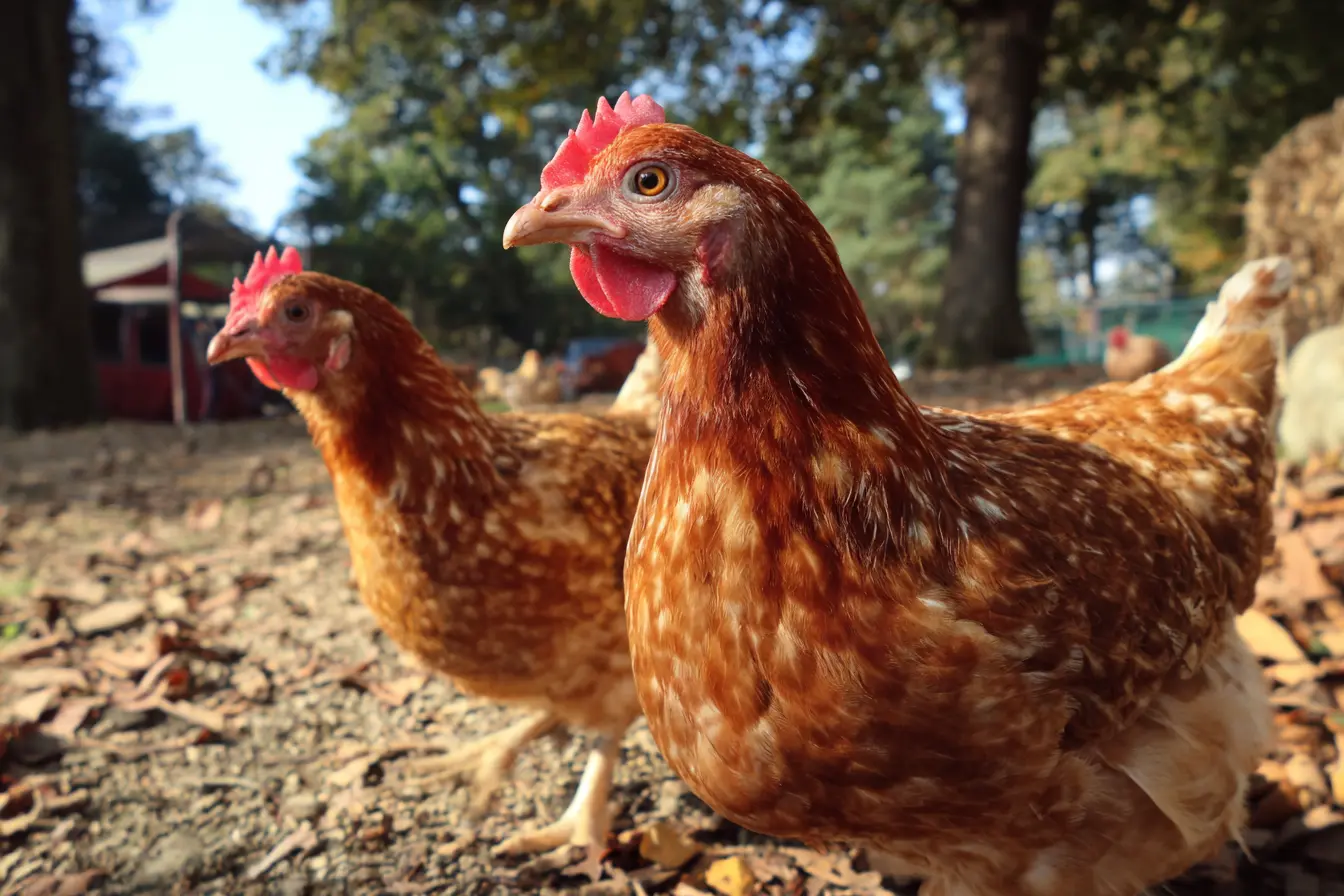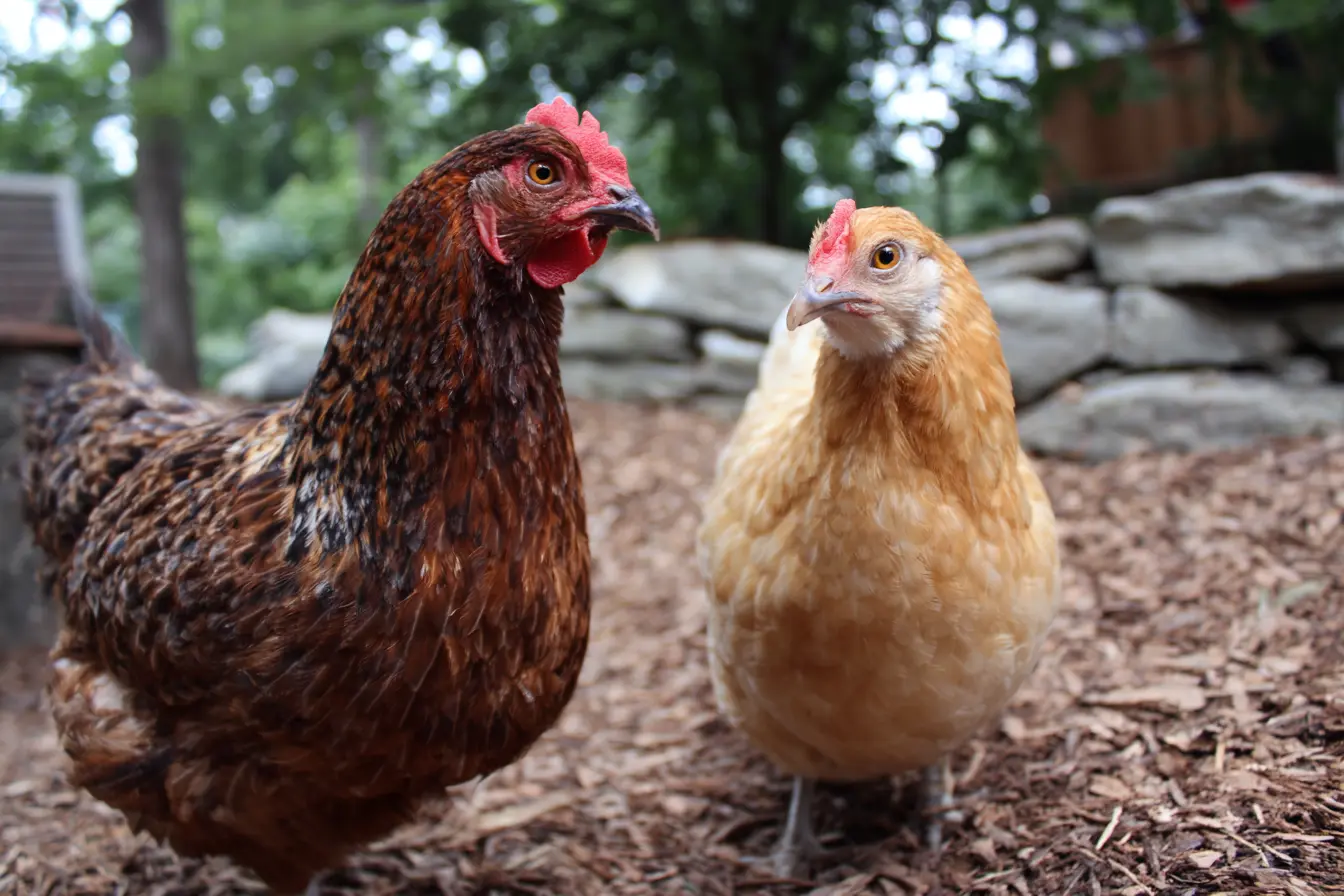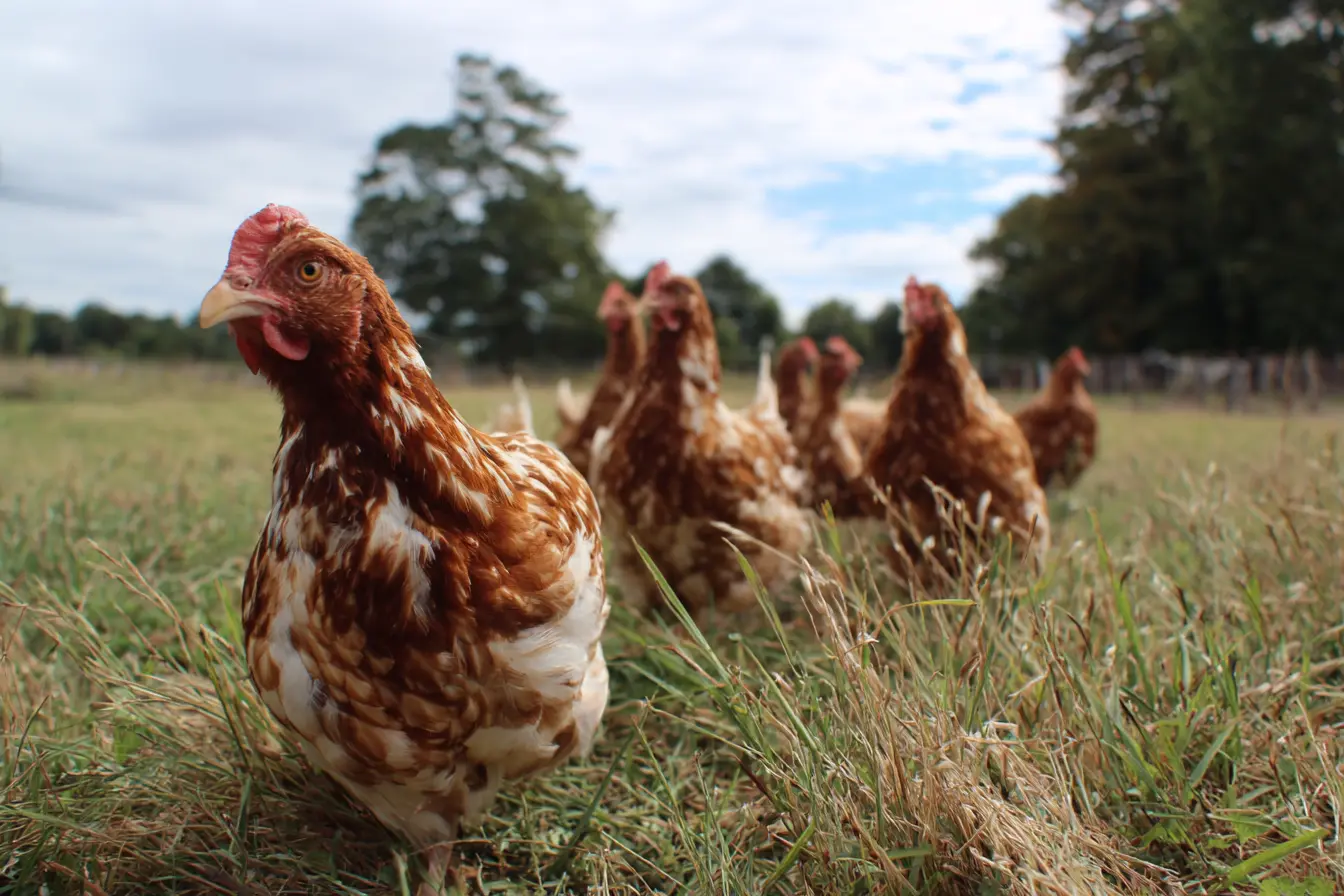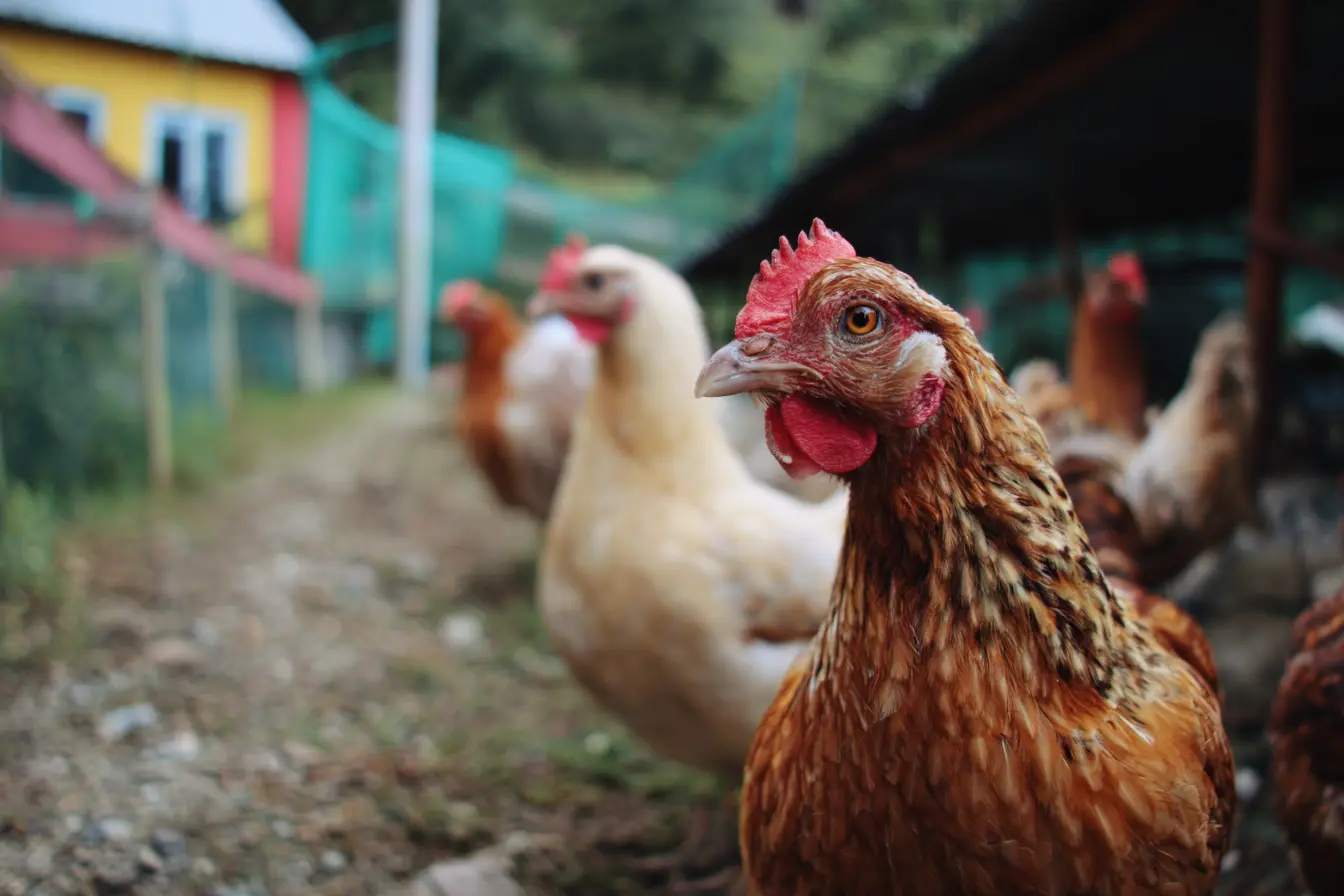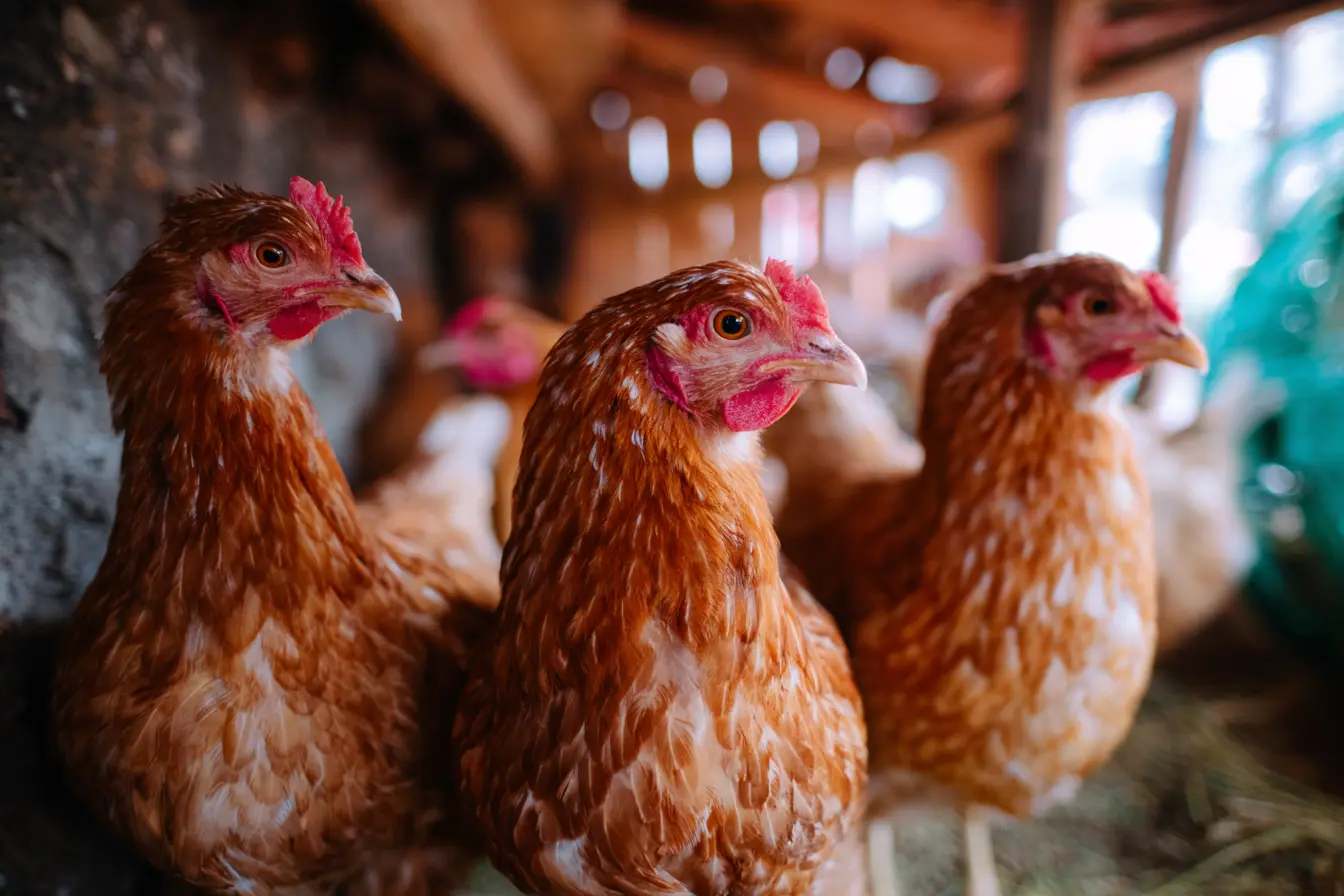
Managing Your Poultry Flock During an Avian Flu Lockdown
Avian influenza (bird flu) outbreaks can be stressful and disruptive, especially for smallholders and backyard poultry keepers. During a lockdown, movement restrictions and biosecurity measures are enforced to prevent the spread of the virus. As a responsible flock owner, it’s vital to understand how to keep your birds safe, healthy, and well-cared-for throughout the restrictions. Here’s what you need to know.
Understand the Rules and Restrictions
Avian flu lockdowns often involve mandatory measures set by government authorities, including:
- Housing orders: All poultry must be kept indoors or in fully netted enclosures that prevent contact with wild birds.
- Movement restrictions: You may not be able to move birds, eggs, or used bedding off your premises without permission.
- Record-keeping requirements: You may be required to keep detailed logs of visitors, deliveries, and feed supplies.
Always refer to your local animal health authority or DEFRA for the latest, region-specific guidelines.
Upgrade Your Biosecurity
Biosecurity is your first line of defense against infection. Strengthen your practices with the following tips:
- Foot dips with disinfectant at all entry points to your poultry area.
- Dedicated clothing and footwear when tending to your birds.
- Limit access to your flock — no unnecessary visitors or shared tools.
- Clean equipment regularly and keep feed and water covered and protected from contamination.
Provide Enrichment and Shelter
Being confined indoors or in enclosed runs can stress your birds, so it's important to adapt their space:
- Use straw bales, hanging vegetables, and perches to create interest and encourage natural behaviors.
- Ensure adequate ventilation without draughts, especially if your birds are now housed in a shed or garage.
- Maintain good lighting to support normal laying patterns and activity levels.
Monitor Health Closely
Watch for any signs of illness, especially those associated with avian flu:
- Sudden death
- Lethargy or lack of appetite
- Swollen heads, closed eyes, or respiratory distress
- Drop in egg production
If you notice any unusual symptoms, contact your vet or the local animal health office immediately. Do not move the bird or dispose of it without guidance.
Egg Handling and Consumption
You can usually continue to eat eggs from your flock unless instructed otherwise. However:
- Clean eggs carefully, avoiding washing unless necessary.
- Store eggs promptly and keep a close eye on shell quality.
- Do not sell or give away eggs unless you are confident it complies with local regulations.
Keep Records and Stay Informed
Being prepared and informed is key to navigating an outbreak responsibly:
- Log any changes to housing, health issues, and feed intake.
- Register your flock if you haven’t already — even small flocks can pose a risk in outbreaks.
- Stay updated with official advice from DEFRA or your local authority. Rules can change quickly as situations evolve.
Support Your Flock and Yourself
An avian flu lockdown is hard on birds — and their owners. Make time to check in with fellow poultry keepers online or through local networks. Sharing tips and encouragement can make a big difference.
Remember, lockdowns are temporary, but how you manage them can have a lasting impact on the welfare of your flock. With vigilance, patience, and good practices, you can keep your birds safe and healthy.
Vets near you
Speciality vets
- Aquatics vet specialists
- Birds vet specialists
- Camelids vet specialists
- Cats vet specialists
- Cattle vet specialists
- Deer vet specialists
- Dogs vet specialists
- Equines vet specialists
- Exotic vet specialists
- Goats vet specialists
- Pigs vet specialists
- Poultry vet specialists
- Sheep vet specialists
- Small Mammals vet specialists
- Wild vet specialists
Vet facilities
- Accessible by public transport
- Blood testing
- Car park nearby
- Client car park
- Dentistry
- Diagnostic imaging
- Disabled public access
- Flea and worm treatments
- Microchipping
- Mobile services
- Neutering
- Open at weekends
- Out-of-hours service
- Referral interests
- Referrals only
- Street parking outside
- Toilets available
- Vaccinations
